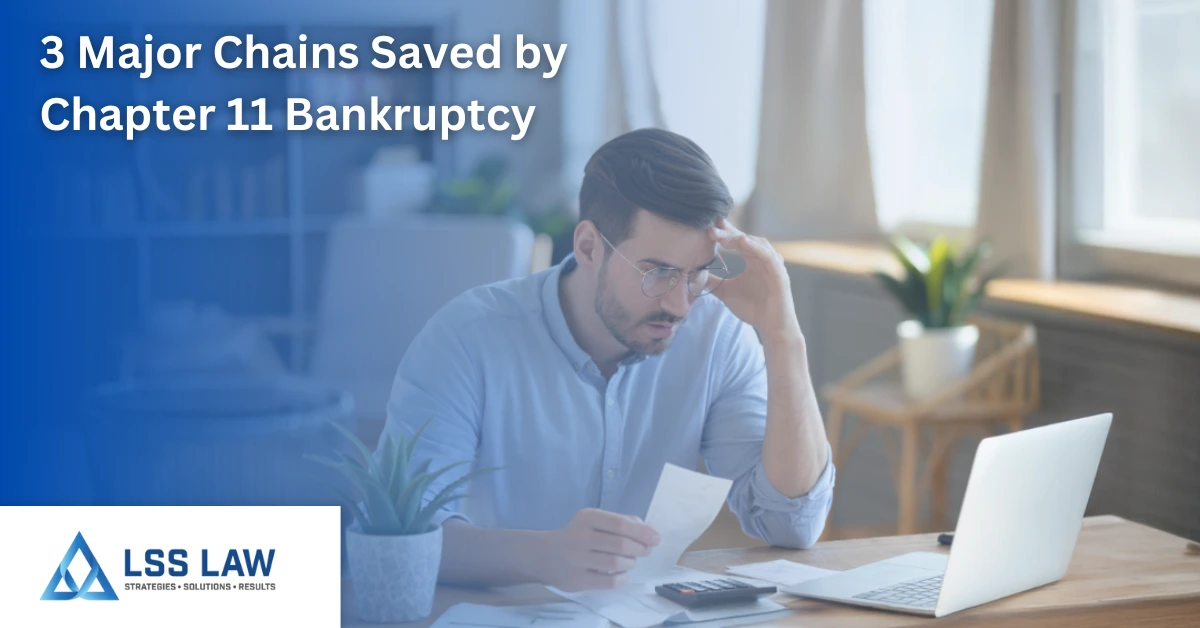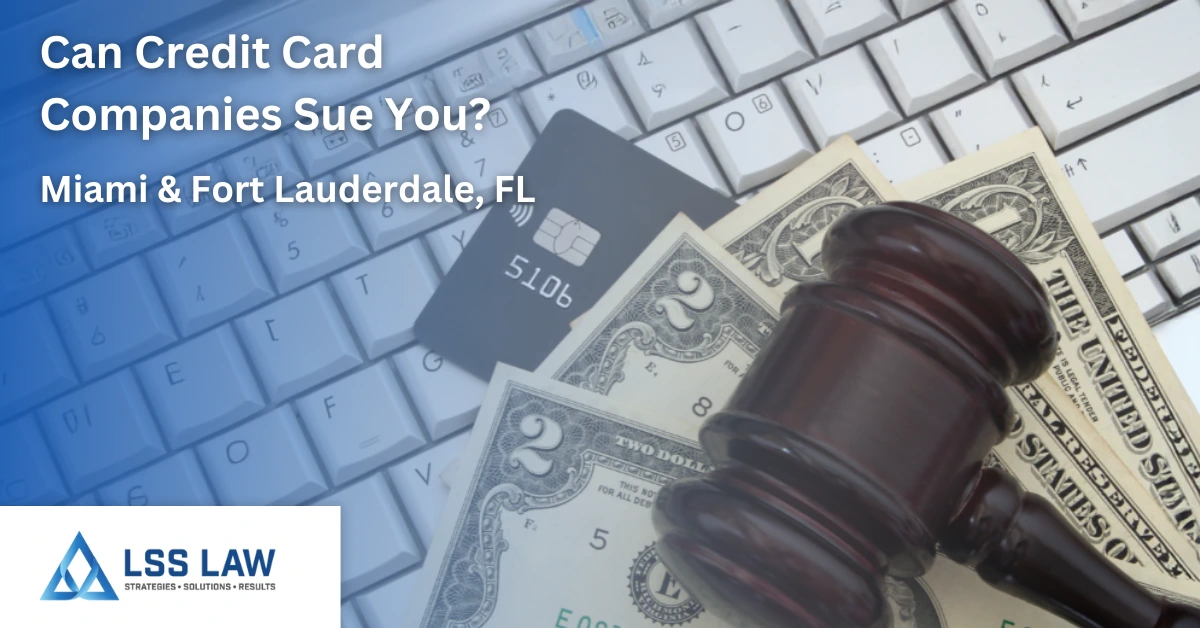LSS Law provides expert guidance on both options in Miami, Fort Lauderdale, and surrounding areas. Chapter 11 bankruptcy involves reorganizing debts through negotiating payment plans with creditors, often allowing businesses to continue operations while working towards financial recovery. Unlike Chapter 7, which focuses on liquidation, Chapter 11 doesn’t typically clear debts completely but may include lower repayment amounts. Understanding these options is important for anyone facing financial difficulties in South Florida, and LSS Law is well-equipped to help navigate the intricacies of the bankruptcy process.
Key Takeaways: Chapter 7 vs. Chapter 11
- Chapter 7 bankruptcy is a liquidation, while Chapter 11 allows businesses to continue operations during restructuring.
- Chapter 7 is typically less expensive and faster to complete compared to Chapter 11 bankruptcy.
- Chapter 11 is often more suitable for businesses looking to maintain operations and restructure debts.
- Filing for bankruptcy provides relief from most collection activities, including lawsuits and garnishments.
Financial struggles can feel overwhelming, but there’s hope. Chapter 11 and Chapter 7 bankruptcy offer different paths to financial recovery for businesses and individuals facing debt in Florida. We’ll explore how the bankruptcy code applies to each chapter, discussing filing fees, credit counseling requirements, and the role of secured and unsecured creditors.
Struggling to Choose Between Chapter 11 and Chapter 7 Bankruptcy?

You’re Not Alone in Seeking Financial Relief
LSS Law can help you navigate the complexities of bankruptcy in Miami, Fort Lauderdale, and surrounding areas. Many businesses and individuals face similar challenges when deciding between Chapter 11 and Chapter 7 bankruptcy.
Thousands of Businesses and Individuals File for Bankruptcy Each Year
Annual bankruptcy filings in the U.S. increased to 452,990 in the year ending December 2023, up from 387,721 cases in the previous year. Business filings saw a significant rise of 40.4%, reaching 18,926 cases in 2023 compared to 13,481 in the previous year.
The U.S. bankruptcy landscape in 2023 showed significant changes compared to the previous year. Here’s what we know:
- Total bankruptcy filings increased to 452,990, up 16.8% from 2022.
- Business filings rose 40.4% to 18,926.
- Non-business filings increased 16% to 434,064.
- Bankruptcy filings have risen for four consecutive quarters.
The three main types of bankruptcy chapters are Chapter 7 (most common for individuals and businesses), Chapter 11 (often used by businesses to continue operations but also available to individuals with high amounts of debt), and Chapter 13 (a personal reorganization only available for individuals).
Chapter 11 vs. Chapter 7: Advantages and Limitations
LSS Law offers expert guidance on both Chapter 7 and Chapter 11 bankruptcy options in South Florida.
Chapter 7 Business Bankruptcy: Pros and Cons
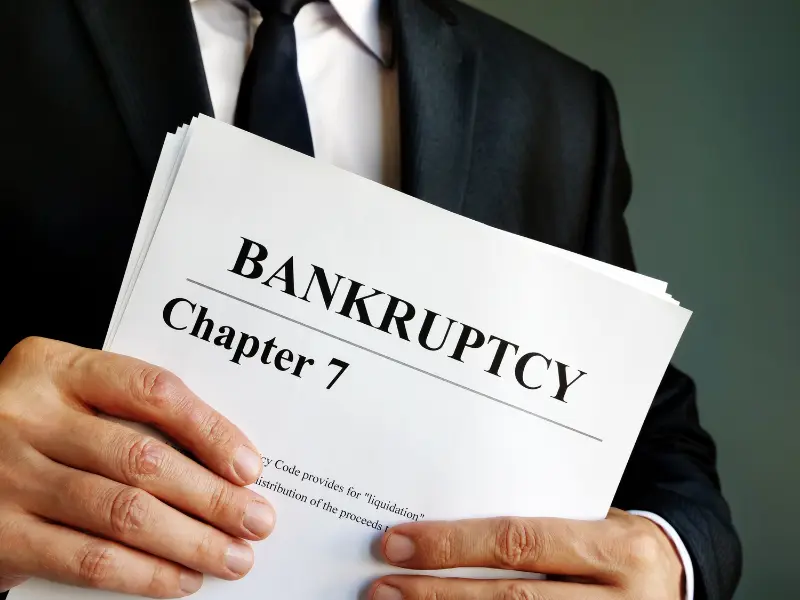
Chapter 7 bankruptcy offers several advantages and disadvantages. Here’s a concise overview:
Pros of Chapter 7 business bankruptcy:
- Provides immediate relief from debt collection.
- Provides an orderly liquidation of a business by a bankruptcy trustee.
Cons of Chapter 7 business bankruptcy:
- A business does not receive a discharge.
- The filing of a business Chapter 7 may trigger adverse results for the business owner(s).
- Involves a complex legal process.
Chapter 11 Bankruptcy: Pros and Cons
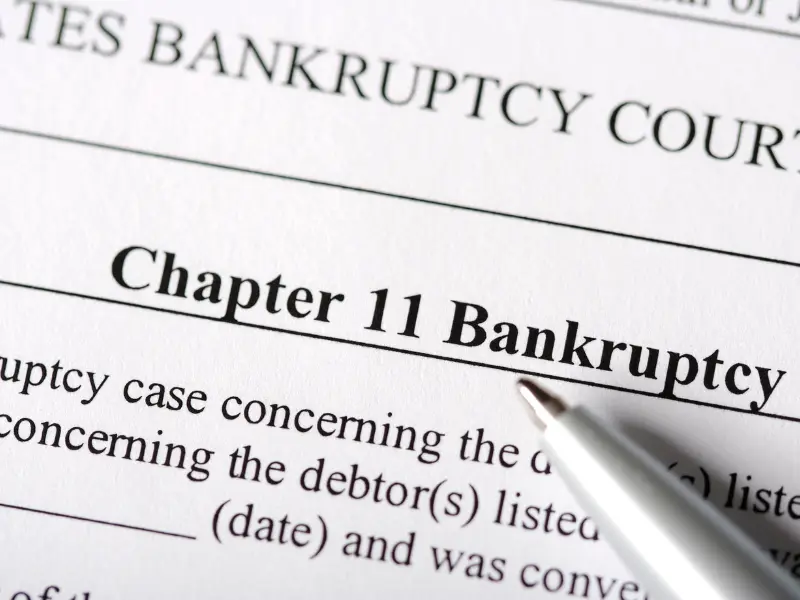
Chapter 11 bankruptcy offers both advantages and challenges for businesses seeking to restructure their debt. Here’s what you need to know:
Pros of Chapter 11 bankruptcy:
- Provides a stay from creditor actions
- Allows for a debt restructuring and repayment plan
- Enables emergency relief for continued operations
- Permits a sale of assets
- Allows retention of workforce during repayment
- May provide access to favorable financing
Cons of Chapter 11 bankruptcy:
- Expensive process with high legal fees
- Unpredictable outcomes
- Complex and requires careful planning
- Time-consuming reorganization process
Which Bankruptcy Option is Best for Your Situation?
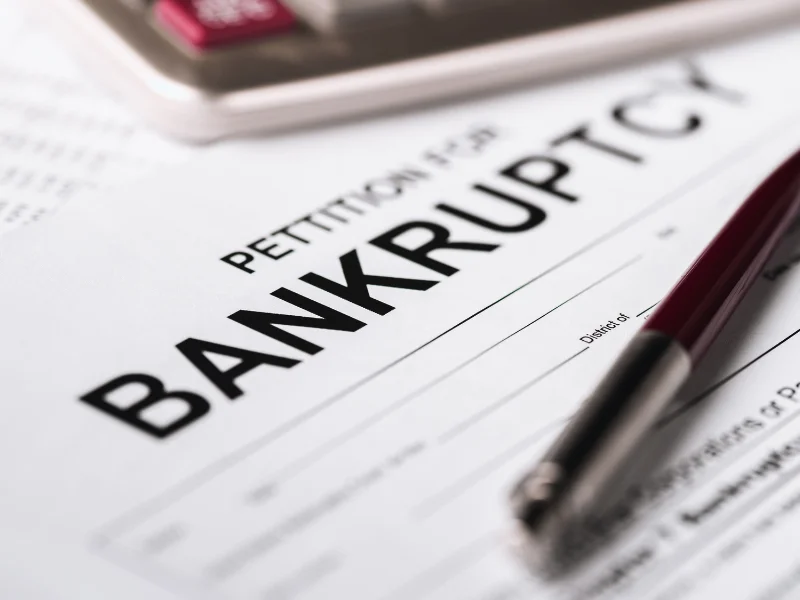
When Chapter 7 Bankruptcy Is Ideal
Chapter 7 bankruptcy is often the best choice for businesses with limited assets and overwhelming debt. This “liquidation” bankruptcy offers quick debt relief without requiring a repayment plan.
Best Scenarios for Chapter 11 Bankruptcy
Chapter 11 bankruptcy, known as “reorganization” bankruptcy, is typically ideal for businesses facing financial difficulties. It allows companies to continue their operations while creating a plan to repay creditors over time.
Get Expert Bankruptcy Help in Miami and Fort Lauderdale
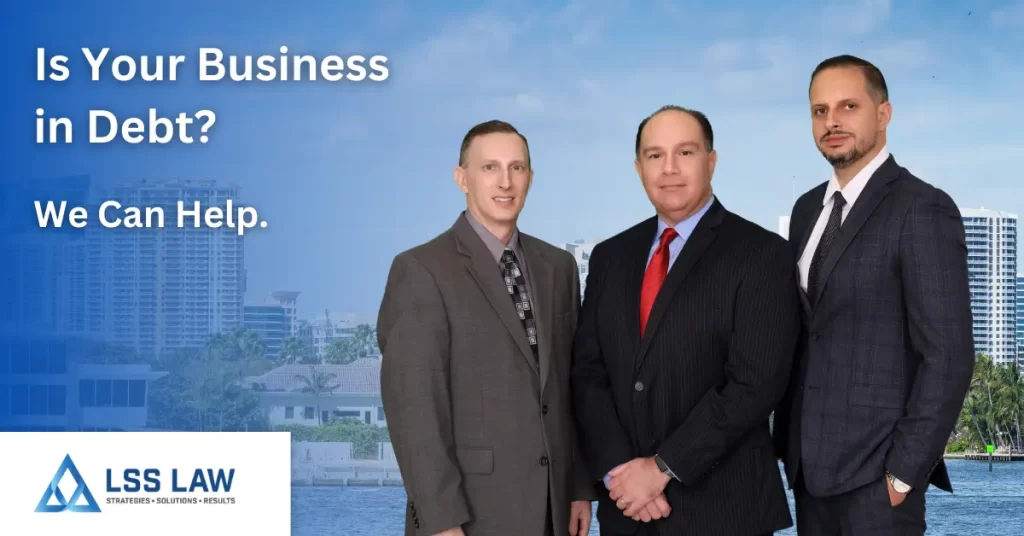
Scheduling Your Strategy Session
Facing financial challenges can be overwhelming, but you don’t have to navigate Chapter 11 bankruptcy alone. Our experienced team understands the complexities of bankruptcy law and can guide you through the process, helping you make informed decisions about your financial future.
We’ll explain the key differences between Chapter 11 bankruptcy versus Chapter 7 and help you determine the best path forward for your unique situation.
To discover how we can help you regain control of your finances and explore your options, including debt repayment plans and bankruptcy protection, contact our law offices today.
Fort Lauderdale Office:
- Address: 2699 Stirling Rd. C401, Fort Lauderdale, FL 33312
- Phone number: (954) 833-4019
Miami Office:
- Address: 2 S Biscayne Blvd. Suite 2200, Miami, FL 33131
- Phone number: (954) 866-5536
FAQs: Chapter 7 vs. Chapter 11
How do the costs of Chapter 11 and Chapter 7 bankruptcy compare?
Both Chapter 11 and Chapter 7 bankruptcies involve various expenses, including filing fees, attorney fees, and additional costs. However, Chapter 7 bankruptcy is typically less expensive overall. This is mainly due to the shorter time frame required to complete a Chapter 7 bankruptcy, which results in lower attorney fees.
Which bankruptcy option is better for businesses?
For businesses facing financial difficulties, Chapter 11 bankruptcy provides a more suitable solution for those who wish to reorganize. This option allows companies to continue their operations while creating a plan to repay creditors over time. By choosing Chapter 11, businesses can maintain their workforce, preserve customer relationships, and work toward financial recovery. Many business owners appreciate the opportunity to restructure their debts while keeping their doors open.
What is the typical cost of filing for Chapter 11 bankruptcy?
Filing for Chapter 11 bankruptcy involves paying fees to the clerk of court at the time of filing. While the exact amount can vary, it’s important to note that these fees can be substantial. In some cases, with court approval, debtors may be allowed to pay these fees in installments. It’s advisable to consult with a bankruptcy attorney to get a clear understanding of the costs involved in your specific situation.
Where can I find Chapter 11 bankruptcy services in Miami and Fort Lauderdale?
LSS Law provides expert Chapter 11 bankruptcy services at two convenient locations in South Florida. The Fort Lauderdale office is located at 2699 Stirling Rd. C401, Fort Lauderdale, FL 33312, and can be reached at (954) 833-4019. The Miami office is located at 2 S Biscayne Blvd. Suite 2200, Miami, FL 33131, and can be reached at (954) 866-5536.
How long does the bankruptcy process take for Chapter 11 and Chapter 7?
The duration of bankruptcy proceedings can vary significantly between Chapter 11 and Chapter 7. Chapter 7 bankruptcy is generally a quicker process, often completed within a few months. Chapter 11 bankruptcy, being more complex, typically takes longer and can extend over several months or even years, depending on the case’s intricacy.
Will filing for bankruptcy stop all credit card collection efforts?
Filing for bankruptcy provides significant relief from most collection activities, including lawsuits and garnishments. It can eliminate many types of debt. However, it’s important to understand that bankruptcy doesn’t stop all creditors or eliminate every financial obligation. Some debts, like certain taxes, may still require attention.
Can I negotiate with creditors to avoid a lawsuit?
Yes, you can attempt to negotiate a debt settlement agreement with creditors or debt collectors at any stage of the collection process. This approach may be particularly effective if you owe a substantial amount and the creditor believes you have the means to repay. By reaching out proactively, you may be able to work out a payment plan or settlement that satisfies both parties and avoids legal action.


